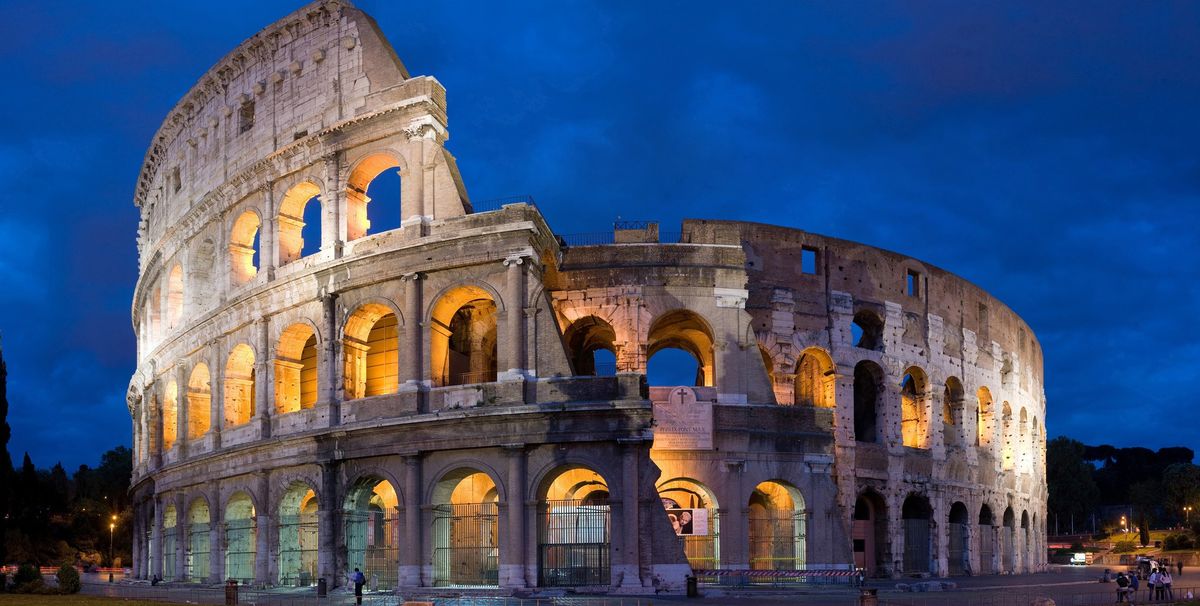The Italian government can proceed with a plan to create a new archaeological park around the Colosseum in Rome, the Council of State has ruled. Italy’s top administrative court has also unblocked the international selection process for a new director to oversee the ancient amphitheatre and its surrounding monuments, including the Roman Forum, Palatine Hill and Domus Aurea. The decisions of 24 July overturn a challenge by the mayor of Rome through the Lazio regional administrative tribunal (TAR) on 7 June.
The Italian culture minister, Dario Franceschini, praised the “clarity and justice” of the ruling, which will bring the Colosseum in line with more than 30 state-run museums and heritage sites that have already undergone dramatic internal reforms under new leadership. “Now we can move forward with reforms and innovations,” says Franceschini, who spearheaded the appointments of new, more autonomous directors—including, for the first time, seven foreigners—to institutions such as the Uffizi in Florence and Museo di Capodimonte in Naples in 2015.
The Lazio tribunal sparked controversy when it ousted five of the chosen directors (four Italians and one Austrian) in May, saying that non-Italians were not eligible to hold public posts under national law. Although the Council of State has restored them to office temporarily, the higher court has postponed its definitive hearing on the case to 26 October.
The latest verdict on the Colosseum directorship, however, bodes well for foreign leaders of Italian museums. The Council of State said that the EU principle of freedom of movement—prohibiting employment discrimination on the grounds of nationality—could only be waived in the “sectors of the armed forces, police and other forces of public order, judiciary, fiscal administration and diplomacy”. The culture ministry could therefore legitimately hire a foreigner to manage the future archaeological park, the judges ruled.
Among 82 applications for the Colosseum job, 16 came from non-Italians, Franceschini told the news agency Ansa. An international committee is now tasked with shortlisting the candidates for the four-year, €145,000 role. The new director is expected to start on 1 January 2018.


